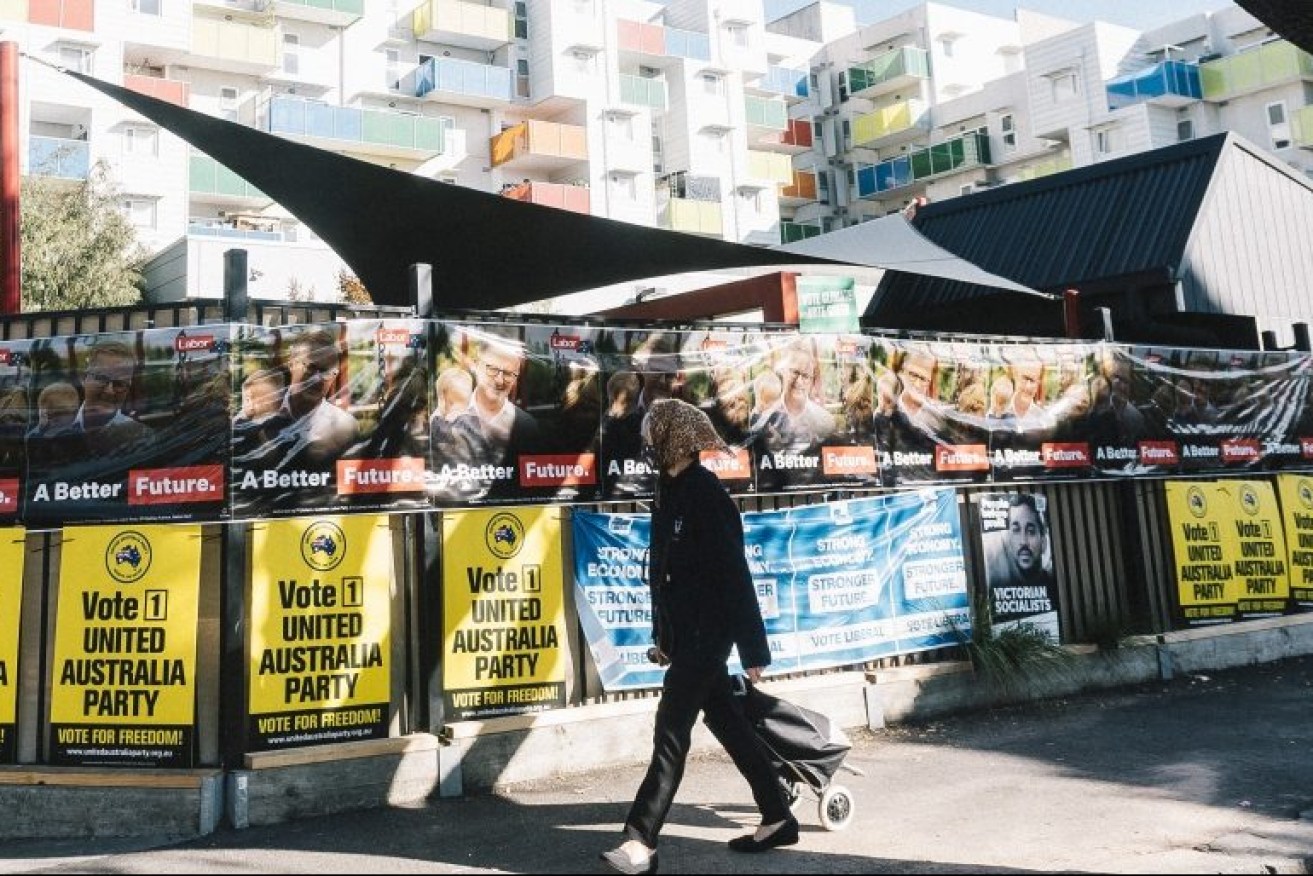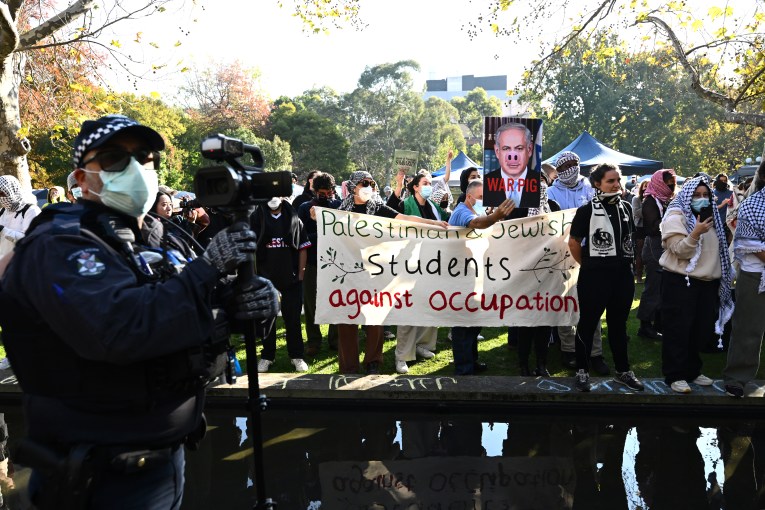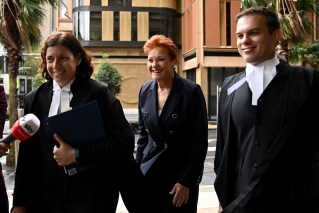A ban on lies in political ads? Aussies will vote for that


The vast majority of Australians want new laws that ban lies and deceptive content from political advertising. Photo: Getty
Australians overwhelmingly want lies, half-truths and deceptive or misleading claims banned from political advertising, according to a new survey, as voters worry about whether they will be able trust the information they are receiving during future elections.
Research from the Australia Institute found that 87 per cent of people surveyed, regardless of political leaning, wanted truth in political advertising laws introduced by the next federal election in 2025.
Zali Steggall, independent member for Warringah, will re-introduce a private members bill to Parliament in the next fortnight, that would ban lies or misleading claims during election campaigns if passed into legislation.
She told The New Daily that voters of all persuasions are aggrieved that political advertising does not meet the same standards as other forms of advertising in Australia.
“If a manufacturer makes an outlandish claim about their product to induce Australians to purchase it, we do not say they’re entitled to make that claim on a basis of freedom of speech,” Steggall said.
“All I’m saying is that political advertising should be held to the same standard.
“There are examples on all sides where advertising was either incomplete or needed more information,” she said.
“In consumer law, you can’t have incomplete materials or fail to include important information or be outright misleading and deceptive.”
The Australia Institute polled 1547 people after voting on the unsuccessful referendum on a Voice to Parliament closed, finding the vast majority (87 per cent) supported the introduction of truth in political advertising laws, regardless of whether they voted Yes or No.
Dr Richard Dennis, executive director of the Australia Institute, said misinformation and disinformation swamped the referendum campaign with arguments that had little to do with what Australians were voting for.
“Whether it is an election or a referendum, voters should go to the polls armed with the facts,” he said.
“In Australia, it is perfectly legal to lie in a political ad, and it shouldn’t be.”
‘Political will’
The Labor Party backed calls for truth in advertising legislation while in opposition, but the Albanese government has yet to move towards making it a reality.
Steggall said the biggest barrier to passing the legislation is “political will”.
“Both sides of politics have been, I would say, at times very flexible with the facts in terms of their advertising and they want to maintain that ability,” she said.
“People from all sides, they don’t think that is an acceptable standard. Why should political advertising be held to a lower standard?”

Independent MP Zali Steggall will re-introduce her political advertising bill in the next fortnight. Photo: Getty
The Australian Capital Territory adopted its own truth in political advertising laws in 2021 — a bipartisan effort between the state’s major parties — which introduced a penalty for the “dissemination or authorisation of electoral advertising that contains a statement of fact that is inaccurate and misleading”.
Dennis said Australia cannot afford to fight another election where political ads mislead the public without consequences.
“The ACT unanimously adopted truth in political advertising: Labor, the Liberals and the Greens came together to say enough is enough,” he said.
“It is time for federal politicians to draw a line under the divisive, misleading claims that have marred the referendum and recent federal elections.”
Misinformation bill
The push for truth in political advertising also coincides with the Albanese government consulting on its controversial misinformation bill, which will only apply to digital platforms and has been criticised as potentially infringing on free speech.
Some 72 per cent of people reported being concerned about lies and information being spread on social media during the referendum campaign, with only 17 per cent disagreeing it was an issue.
Steggall said her bill would give the Australian Electoral Commission (AEC) the power to assess whether there are misleading, deceptive or incomplete facts in a political advertisement during a campaign.
If the AEC judged an advertisement as being misleading, it could then direct the person responsible to change or pull the advertising, direct them to issue a correction or issue a fine.
It is currently a criminal offence if an action “is likely to mislead or deceive an elector in relation to the casting of a vote”, according to the AEC, but it has no powers over television, radio or digital advertising beyond its limited scope.








